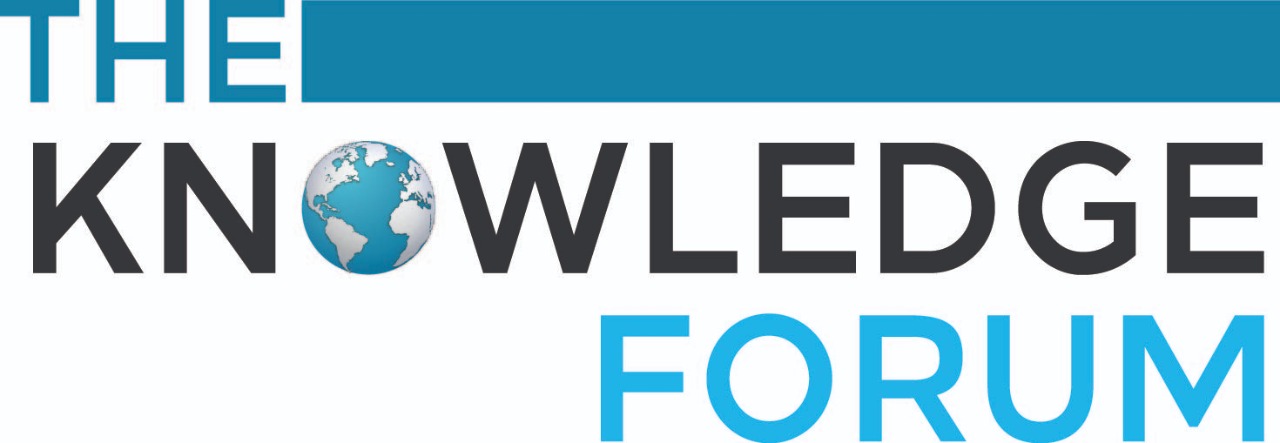Pakistan Bulletin
An up-to-date and informed analyses of key issues of Pakistan.
Redefining Perspectives on State-Owned Enterprises of Pakistan
February 2024
The article explores the debate surrounding the privatization of underperforming State-Owned Enterprises (SOEs) in Pakistan, considering the financial losses, international pressure, and potential impacts on the economy.
Despite the popular discourse espousing SOEs as a burden on the national exchequer, Pakistan’s SOE’s landscape proves that there cannot be a one dimensional picture of the success or failure of SOEs
Pakistan’s SOEs mainly operate in power, oil and gas, infrastructure transport and communication, manufacturing, mining and engineering, finance; industrial estate development and management; and wholesale, retail and marketing. Out of these, power distribution companies, Pakistan Steel Mills, National Highway Authority and the Pakistan International Airline feature in top ten loss making entities (See “The Future Of State Owned Enterprises In Pakistan” by Dr Ishrat Husain). Incidentally, despite the popular discourse espousing SOEs as a burden on the national exchequer, Pakistan’s SOE’s landscape proves that there cannot be a one dimensional picture of the success or failure of SOEs. For example, in the financial sector, the SOE Zarai Taraqiati Bank features as one of the top ten loss making entities. However, the National Bank of Pakistan features in the list of top ten profit making entities. Similarly, the National Transmission and Distribution Company ranks as one of the top ten profit making SOEs, even when majority of the electricity supply companies feature in the loss making list.
A large segment of SOEs play a crucial role in providing essential services, such as energy, communication, and transportation with accessibility and affordability to the masses at large.
Jawwad Rizvi
Author
The Writer is the Senior Economic Correspondent of The News and can be reached at @Jawwadrizvi

Get the latest news and updates from our team
